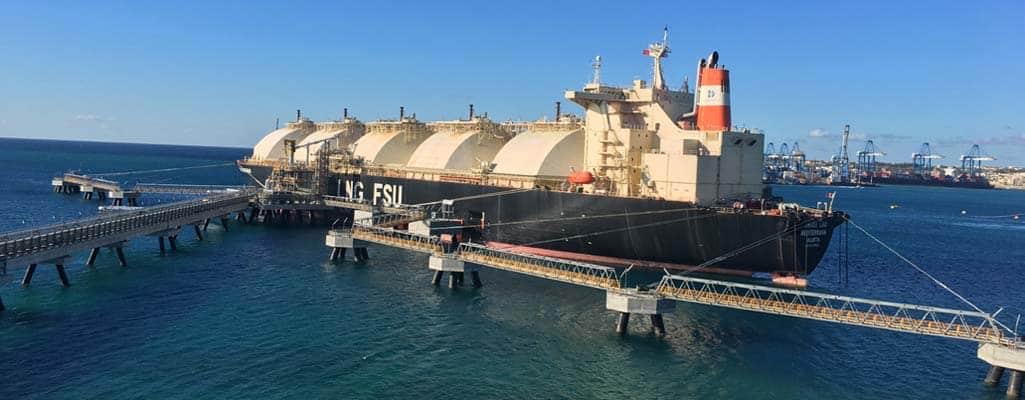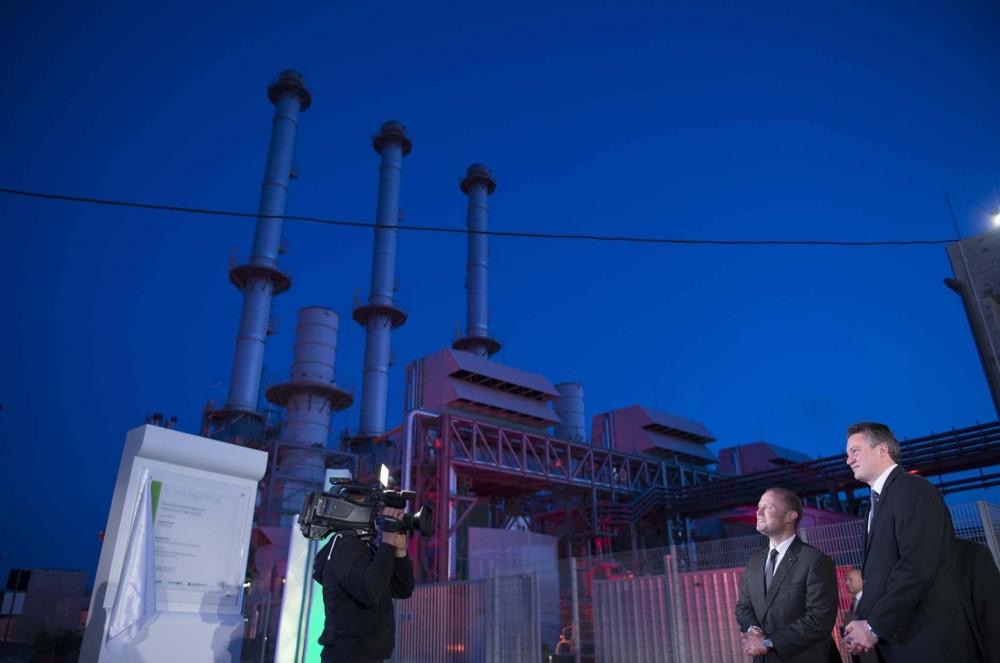In 2013, Malta embarked on a transformative journey in energy infrastructure with the Malta Gas and Power project—a pioneering initiative that set the stage for the nation’s energy diversification and security. This ambitious project not only modernized Malta’s energy landscape but also positioned the country as a forward-thinking leader in European energy strategy.

A Comprehensive Energy Overhaul
At the heart of the project was the establishment of a state-of-the-art liquefied natural gas (LNG) facility, a new power plant, complemented by the conversion of existing oil-fired power stations to gas. This approach significantly reduced Malta’s carbon footprint and enhanced the efficiency of its power generation. In addition to power generation the key components of the project included:
Floating Storage Unit (FSU): A mobile LNG storage solution that provided flexibility and security in fuel supply.
Dedicated Jetty and Gas Port: Infrastructure designed to accommodate LNG carriers, facilitating smooth and safe fuel offloading.
Onshore Regasification Facility: A facility to convert LNG back into natural gas, ensuring a steady and reliable energy supply. These developments collectively transformed Malta’s energy sector, making it more resilient and adaptable to global energy dynamics.
A Model for Europe
The foresight demonstrated by Malta in 2013 has since become a benchmark for other European nations. Countries like Lithuania and Croatia have adopted similar LNG infrastructure models to enhance their energy security. More countries are following suit.
These projects underscore the importance of diversified energy sources and infrastructure in reducing dependency on single suppliers, particularly in the context of geopolitical uncertainties.

Strengthening Transatlantic Energy Ties
Malta’s strategic investments have also opened avenues for broader energy partnerships. In a recent U.S. Senate hearing, the nominee for U.S. Ambassador to Malta, Somers Farkas, highlighted Malta’s potential to become a key destination for American LNG exports. This development underscores the growing importance of Malta as a central energy hub in the Mediterranean, facilitating energy trade between the U.S. and Europe .
Acknowledging Visionary Leadership
The success of the Malta Gas and Power project is a testament to the visionary leadership of the Labour government at the time led by Dr Joseph Muscat.
Dr. Konrad Mizzi, then Minister for Energy and Health together with a dedicated team of Government and Enemalta leaders supported by experts, played a pivotal role in steering this initiative. His commitment to modernizing Malta’s energy infrastructure and reducing its carbon footprint has left an indelible mark on the nation’s energy policy.
There is no doubt that Malta’s 2013 Gas and Power project stands as a testament to the power of visionary leadership and strategic planning. By embracing LNG technology and infrastructure, Malta not only secured a sustainable and diversified energy future but also set a precedent for other nations to follow. As Europe continues to navigate the complexities of energy security, Malta’s example serves as a beacon of innovation and foresight.





